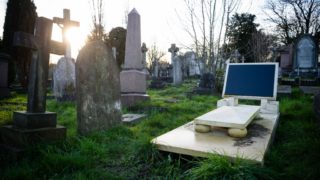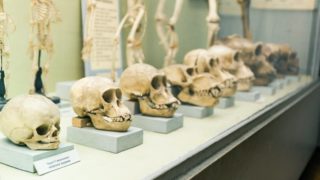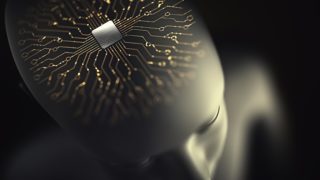
Four psycholinguistics tips for recognizing and using irony
Have you ever been in a situation in which irony was misunderstood as sincerity? For example, let’s say you’re at a clothing store with a friend of yours and you see a really ugly shirt on display. You say “Look! What a nice shirt!”. The next thing you know, your friend decides to buy you […]








